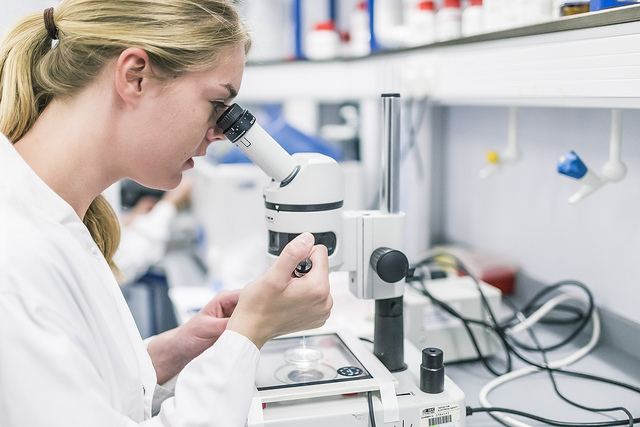Patients who cannot speak following the replacement of their own ‘voice box’ with a silicone version are being helped by research carried out by University of Kent bioscientists.
Through the work of the School of Biosciences team, in collaboration with East Kent Hospitals University NHS Foundation Trust , Kent has developed a new method of care for patients who have to have their larynx removed.
The Biosciences team found that the replacement voice boxes would last much longer if they dealt with the fungal infection Candida albicans that was causing the silicone versions to fail. For the first time, scientists were able to extend the life of the replacement voicebox by dealing with the fungal infection.
The team has developed clinical care for patients that has now been taken up by many NHS Trusts in the UK and which is anticipated could be used worldwide for throat cancer patients.
It means patients may be able to carry on using silicone voice prosthesis for much longer, enabling them to still speak and reducing the risk of dangerous secondary chest infections.
Dr Campbell Gourlay, Senior Lecturer in Cell Biology at Kent, said the University’s work, funded by the NHS and Kent Cancer Trust , will enable people who lose their larynx to maintain speech and enjoy a better quality of life.

